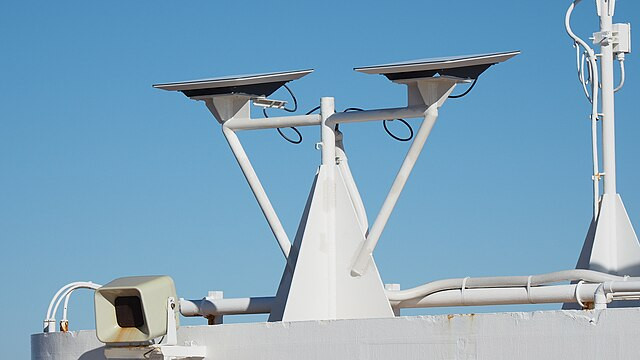The United States has warned Ukraine that its access to Starlink, the vital satellite internet service operated by SpaceX, could be cut off unless Kyiv agrees to a U.S. proposal granting American companies significant control over Ukraine's critical mineral resources, according to three sources familiar with the discussions.
The issue was raised twice in recent talks, first after Ukrainian President Volodymyr Zelensky rejected a proposal from U.S. Treasury Secretary Scott Bessent that would have given American firms a 50% stake in Ukraine's rare earth mineral deposits. The second warning came during a meeting Thursday with Keith Kellogg, the U.S. special envoy to Ukraine, sources told Reuters.
"Ukraine runs on Starlink. They consider it their North Star," a source familiar with the discussions said. "Losing Starlink... would be a massive blow."
Starlink's Critical Role in Ukraine's Defense
Starlink, the low-orbit satellite system launched by Elon Musk's SpaceX, has been a crucial tool for Ukraine's military and infrastructure since Russia's 2022 invasion. The system enables secure battlefield communication, drone coordination, and internet access across war-torn regions, with an estimated 42,000 Starlink terminals in operation across Ukraine, including hospitals, businesses, and military units, according to The Kyiv Independent.
"Losing Starlink would be a game changer," said Melinda Haring, a senior fellow at the Atlantic Council, emphasizing the impact on Ukraine's ability to operate drones and precision-guided artillery strikes.
Musk initially provided Starlink services to Ukraine free of charge, but later restricted access amid tensions over Kyiv's military strategy. His position has shifted over time, with SpaceX limiting certain battlefield uses in 2022 after concerns over Ukraine's drone operations targeting Russian positions.
U.S.-Ukraine Tensions Over Critical Minerals
The threat to cut off Starlink access comes amid growing tensions between Washington and Kyiv over control of Ukraine's valuable mineral reserves. The Trump administration has pressed Kyiv to open up access to rare earth elements, lithium, graphite, and uranium, resources that are essential for advanced technology, electric vehicle batteries, and national defense applications.
Zelensky rejected the initial U.S. proposal, arguing it was too focused on American economic interests and lacked sufficient security guarantees against future Russian aggression.
"I didn't let the ministers sign a relevant agreement because, in my view, it is not ready to protect us, our interest," Zelensky stated at the Munich Security Conference last week.
Since then, relations between Zelensky and Trump have become increasingly strained. Trump has criticized Zelensky as a "dictator without elections", while Zelensky accused Trump of falling for Russian disinformation, after the U.S. president suggested Ukraine bore some responsibility for the war.
Washington Pushes for a Deal
Despite these tensions, negotiations are ongoing, with Trump expressing confidence that a minerals agreement will be signed soon. The White House has not commented on the reported Starlink ultimatum, and SpaceX has not responded to requests for clarification.
Mike Waltz, White House national security adviser, previously defended Washington's demands, stating: "There needs to be a deep appreciation for what the American people and the American taxpayer, what President Trump did in his first term and what we've done since."
U.S. officials argue that Ukraine's mineral resources should be leveraged to repay billions in military aid, while Kyiv has sought broader security assurances before agreeing to major economic concessions.




